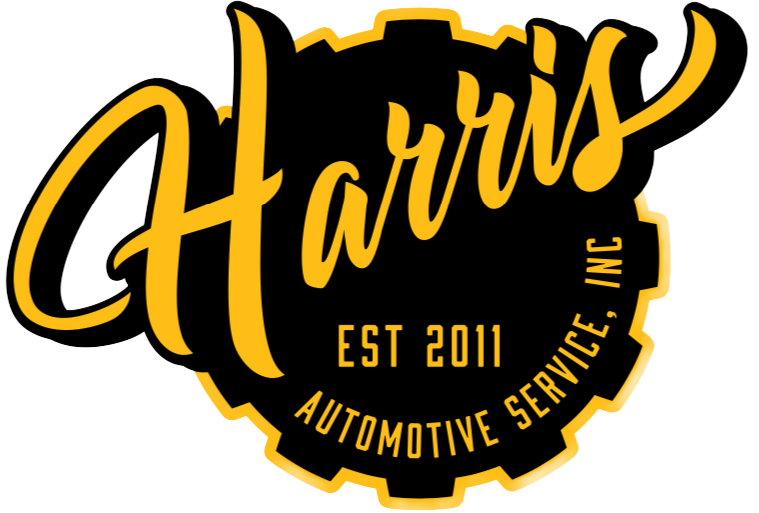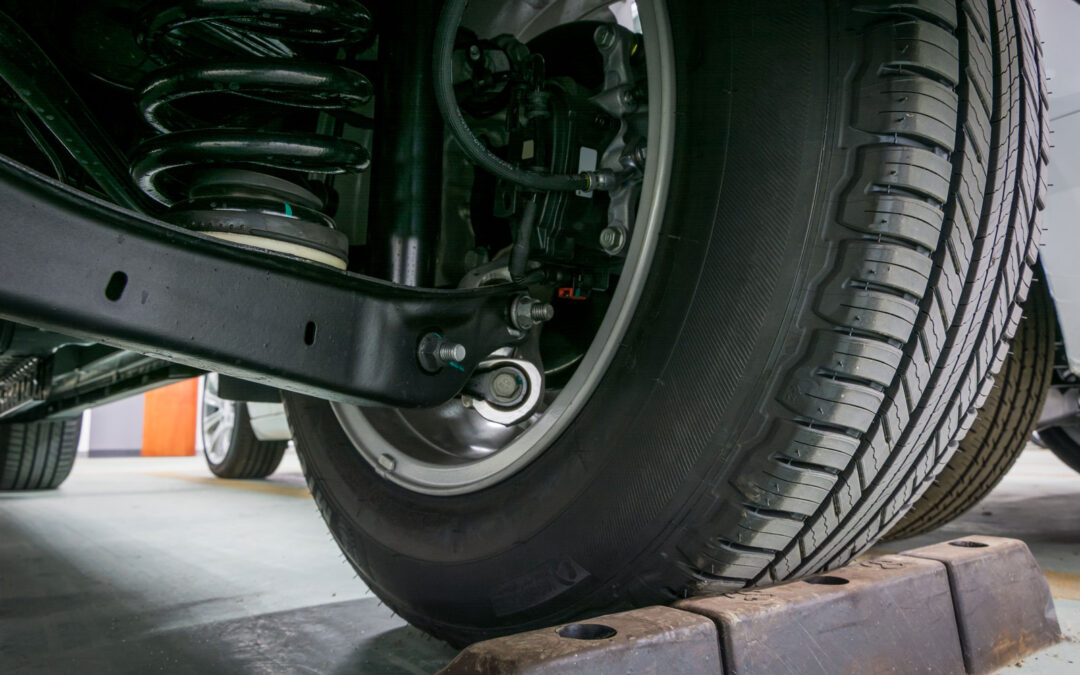How it affects your ride, your safety, and when to schedule a service
Your vehicle’s suspension system plays a vital role in how your car handles, how comfortable your ride is, and how safely it performs on the road. While it’s easy to focus on high-profile components like the engine or brakes, the suspension system works quietly in the background, absorbing bumps, maintaining stability, and supporting proper steering.
At Harris Automotive, we want drivers to understand the importance of this often-overlooked system. Here’s what you need to know about how your suspension works, why it matters, and how to spot problems before they become major safety concerns.
What Is the Suspension System?
Your car’s suspension system connects the body of your vehicle to its wheels and includes a network of parts that absorb shock and maintain control over different road surfaces. Key components include:
- Shocks and struts: These absorb impacts from bumps and potholes and help stabilize your vehicle.
- Springs (coil or leaf): Support the weight of your vehicle and compress to absorb road irregularities.
- Control arms and ball joints: Help the wheels move up and down independently while maintaining alignment with the frame.
- Stabilizer (sway) bar: Reduces body roll when turning or driving on uneven terrain.
Together, these parts ensure your tires stay in contact with the road while minimizing the effects of bumps, dips, and curves.
Why the Suspension System Matters
Comfort and Ride Quality
A properly functioning suspension system cushions you from rough roads, delivering a smooth, comfortable ride. It absorbs shocks from potholes, gravel, and speed bumps, so passengers don’t feel every jolt.
Control and Handling
The suspension system is key to vehicle control, especially when cornering, braking, or accelerating. It keeps your tires grounded, helping you stay in control during turns and ensuring even weight distribution.
Tire Longevity and Safety
Worn suspension parts can cause uneven tire wear and reduce tire-to-road contact, increasing your risk of skidding or hydroplaning. Maintaining your suspension system helps maximize tire life and improve braking response.
Signs Your Suspension System May Need Service
Not sure if your suspension system is in good shape? Here are the most common signs that something may be wrong:
Excessive Bouncing or Swaying
If your car continues to bounce after hitting a bump or sways excessively when turning, your shocks or struts may be worn out.
Uneven Tire Wear
Notice that one or more tires are wearing faster than others? Poor alignment or worn suspension components could be the cause.
Nose Diving or Rear-End Squatting
When braking, if your car noticeably dives forward (or squats back when accelerating) it’s likely time to inspect your shocks and struts.
Steering Feels Loose or Difficult
A worn suspension system can affect your ability to steer, making the wheel feel loose, stiff, or unresponsive.
Clunking or Knocking Noises
Hearing strange sounds when going over bumps? You might have broken bushings, ball joints, or worn struts.
Vehicle Pulls to One Side
If your car drifts or pulls to one side while driving straight, this could indicate suspension or alignment issues.
How Harris Automotive Can Help
At Harris Automotive, our ASE-certified technicians are trained to inspect and repair suspension systems on all makes and models. Whether you need new shocks, struts, or a full suspension inspection, we provide honest assessments and expert repairs to keep your vehicle safe and comfortable.
What You Get with Us:
- Free Safety Inspection with every service
- Precision diagnostics and professional repairs
- 3-Year / 36,000-Mile Nationwide Warranty
- Two Convenient Locations: Westerville and Blacklick
- Comfortable waiting areas with WiFi
Schedule a Suspension Inspection Today
If your ride feels rough or your steering seems off, don’t wait, schedule a suspension system check at Harris Automotive today. Early maintenance means fewer repairs, longer-lasting tires, and a safer drive.






